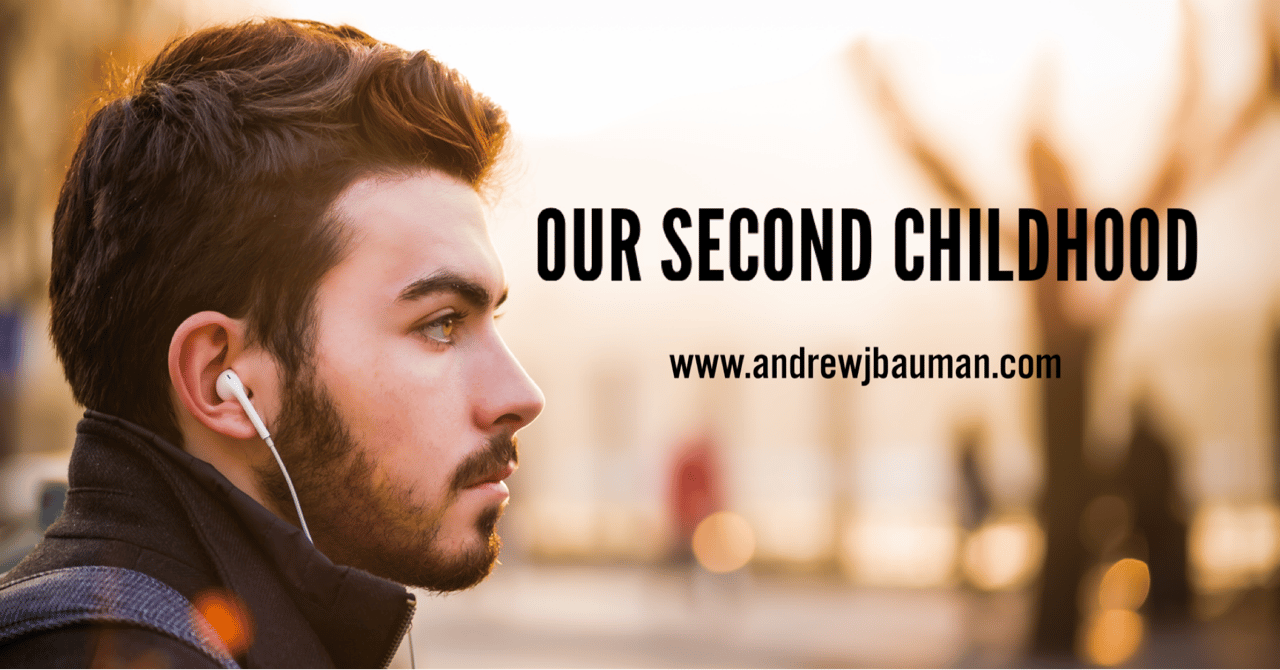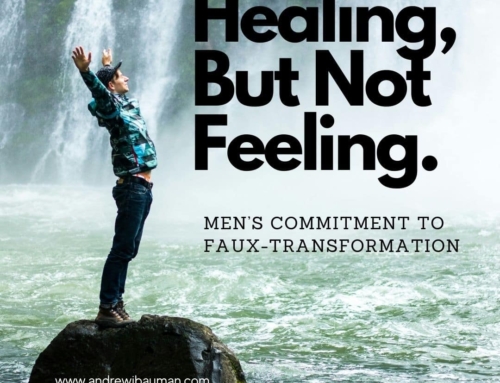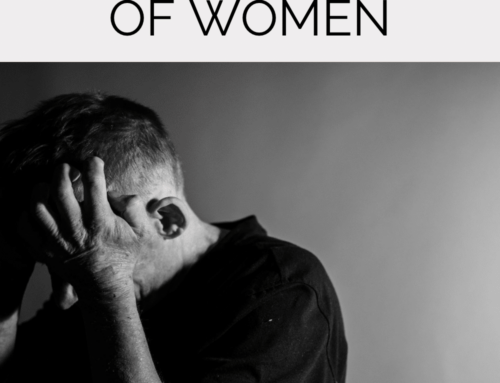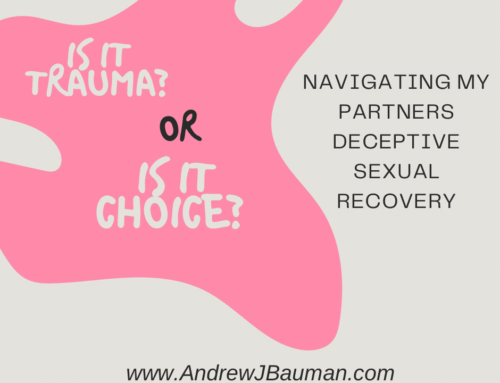A kind of second childhood falls on so many men.
—John Steinbeck
This quote from Steinbeck makes so much sense to me. As I walk alongside men in recovery from deceptive sexuality and abuse this second childhood is very real. Many grown men from their 20s through 80s walk through life being led by their unhealed inner child, longing for the same things in the present day that they did not receive in their youth.
The second childhood shows up in marriage when men selfishly engage in sex with a “demand” rather than an “invitation.” They eroticize their unmet needs and think sex will fix their problem, and they will demonize their wife when she does not comply. Many men/boys then have a temper tantrum like a child, stomping their feet and saying, “I want it now!” At times, even twist scripture or misogynistic ideas that mask scriptural authority to manipulate and guilt their wives into complete sexual submission. These types of childish outbursts only repulse their wives, pushing them further away rather than providing the intimacy and connection they actually long for.
These ‘sex tantrums’ really just demonstrate my point, imagining a parentless child not knowing how to process big feelings, disappointment, arousal, or perceived rejection. This is how the man who has not journeyed through his second childhood with wisdom and intention shows up in his intimate relationships. These men act out and don’t expect consequences for their aggression, temper tantrums, or their piercing words of death. These childish encounters cause such lasting destruction to those they say they “love,” yet their behavior actually communicates who they “hate,” as behaviors, not words, show who they have become.
These men/boys must learn how to find their way home, maybe to a home they never knew. They must become fathers to their desperate inner boys, despite the fact their adult self still feels so orphaned. They must become intimate with their inner child. This is the only way we can move out of our second childhood and fully into our proper age, and into authentic health, safety, and liberation.
Here are a few practical steps to begin to parent the child inside of yourself.
1. The child inside of you is good.
Despite the level of contempt, you may have for him, he is innocent and good. The harm you have done to him since his loss of innocence is even worse than the original harm he suffered. Your cruelty to him has made him a timid lover, and a coward of a man. What if you choose to love him with the same intensity that you love your own kids? Will you join your abuser’s curse of your inner child or will you radically bless him and give him what he longs for?
2. Get to know him
What does his voice sound like? Have you spoken with him? Have you heard his heart? I know it may sound strange but what work of connection have you done to repair your relationship with him? One exercise we do with clients is the “Non-dominant handwriting exercise.” What you do is you take your dominant hand and you write your child a question, for example, “What do you feel right now living in your parent’s house?” Respond to the question with your non-dominant hand as you feel your child would. Do not overthink it, but feel from your gut and trust what comes out no matter how strange it seems.
3. Integrate with him but do not let him lead
We must integrate our inner child into our adult selves but not let our inner child take over a leadership role in your life. Children make terrible spouses, we must parent them and tend to their needs without letting them take over and dominate us. You are in charge, so you must teach the little you how to regulate his emotional world and how to use his power to liberate rather than harm.
The last part of the original Steinbeck’s quote says, “My wife married a man; I saw no reason why she should inherit a baby.” Our wives didn’t know the impact that our “second childhood” would have on them and it is not their responsibility to mother our little boys into wholeness—it is ours and ours alone. We are responsible for our own re-parenting. Our marriages will be stronger and last longer when we no longer project our unhealed traumas onto their backs and treat them as mutual partners in a relationship with our integrated adult selves.






